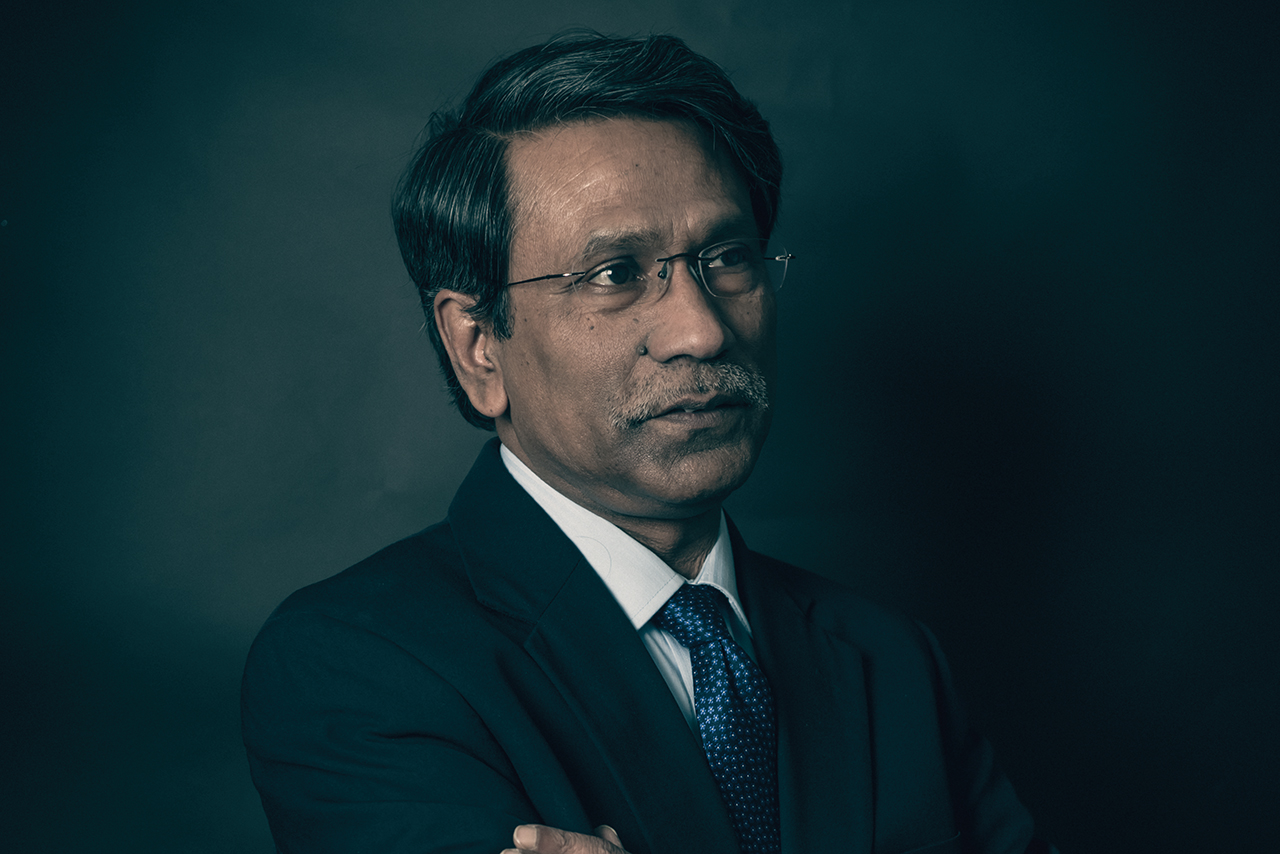The interplay of religion and politics in South Asia is explored in the recently published second edition of a book edited by Distinguished Professor Ali Riaz. The book, titled Religion and Politics in South Asia, comprises eight chapters and an extensive introduction.
In his introduction, “The Tangled Web of religion and politics in South Asia,” Riaz insists that while the resurgence of religion in politics is a global phenomenon, South Asia presents interesting features which warrant our attention. He maintained that “the post-colonial states in South Asia seem to have been faced with a dilemma on how to deal with the issue of religion. On the one hand, states have maintained a distance from religion while they have also provided an institutional role for faith in their respective constitutions.”
Riaz argues that there are three overarching factors for the recent rise of religion as an ideology and religiopolitical parties as formidable forces in South Asia. They are historical antecedents, failure of the secular liberal states, and ontological insecurity and existential uncertainty faced by individuals due to the pace and nature of globalization. Seven South Asian countries, namely Afghanistan, Bangladesh, India, Maldives, Nepal, Pakistan, and Sri Lanka, are discussed by experts on the respective countries. Sohel Rana, a graduate student of the Department, has written a chapter on the public perception of religion-politics in the region.
The book is published by Routledge.

